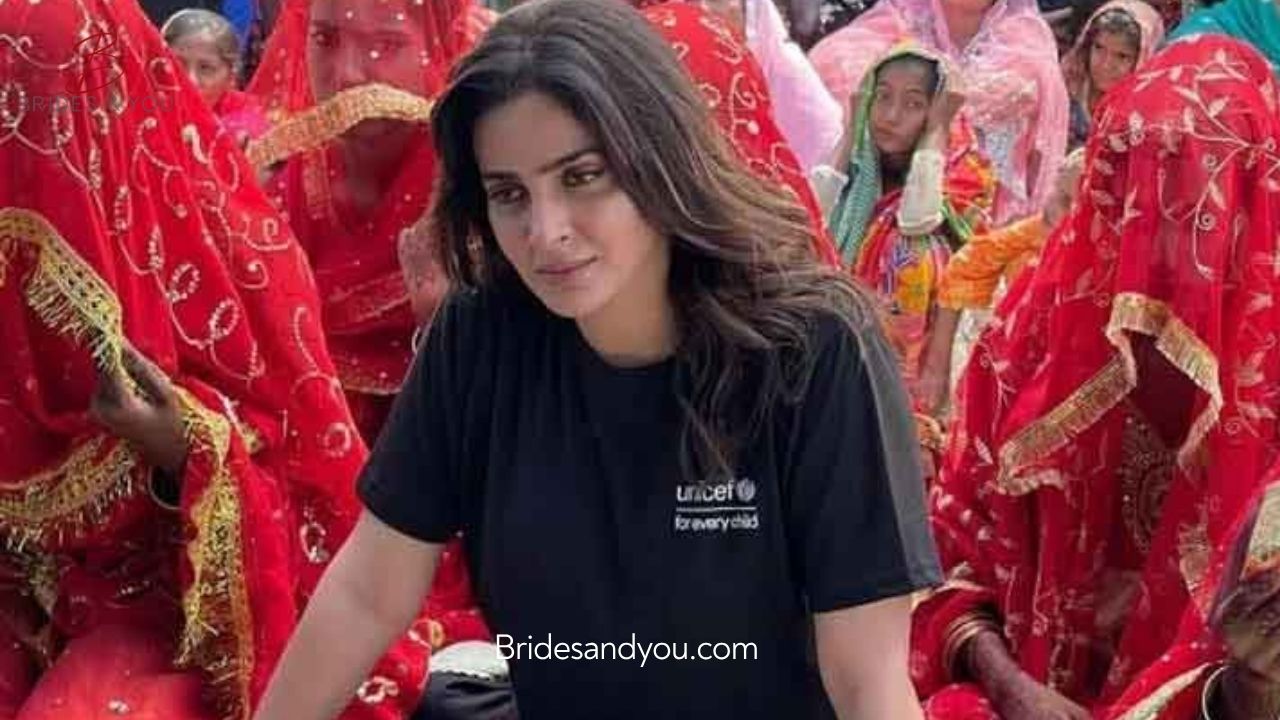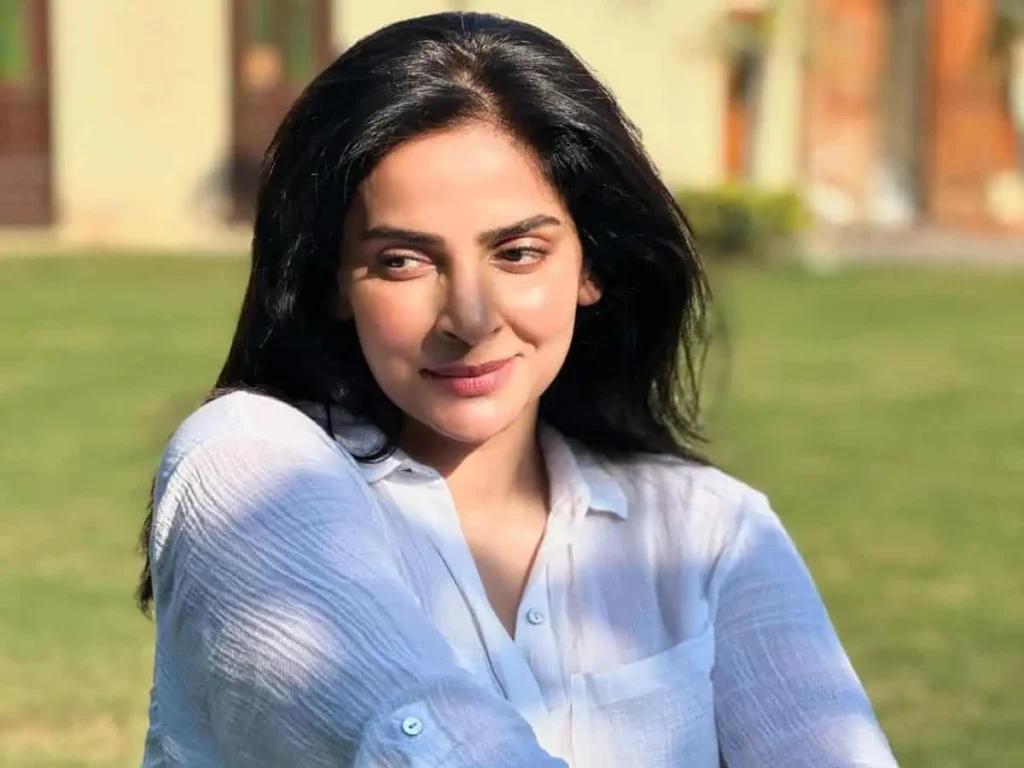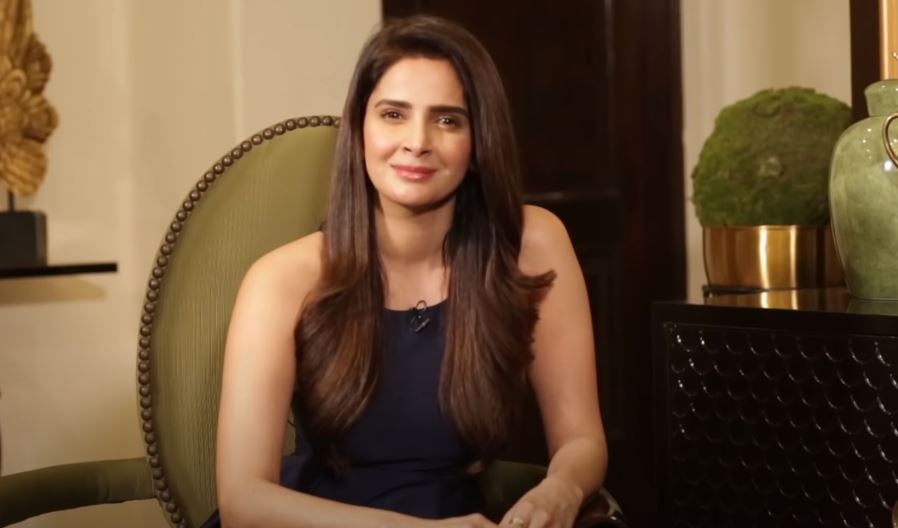Now Reading: UNICEF and Saba Qamar Unite to End Child Marriage in Pakistan
-
01
UNICEF and Saba Qamar Unite to End Child Marriage in Pakistan
UNICEF and Saba Qamar Unite to End Child Marriage in Pakistan

UNICEF has taken a powerful step forward in its mission to end child marriage in Pakistan, partnering with its National Ambassador for Child Rights, acclaimed actress Saba Qamar, in a heartfelt new video campaign. This initiative aims to raise nationwide awareness about the devastating consequences of early marriage and to rally communities around the urgent need for reform and protection of children’s rights.
With over 19 million girls married before the age of 18, Pakistan ranks sixth globally in child marriages. This disturbing reality is not just a statistic—it’s a reflection of broken childhoods, derailed education, and compromised futures. Saba Qamar’s voice lends powerful urgency to UNICEF’s campaign, reminding everyone that ending this harmful practice is not just a choice—it’s a necessity.

Saba Qamar: A Voice for Voiceless Girls
In the newly launched video, Saba Qamar speaks passionately about the consequences of child marriage, especially for young girls who are denied their right to education, freedom, and self-determination. She shares her own experiences from visiting Sujawal, Sindh, where she witnessed the harsh reality of early marriage. There, she met Anam Nazir, a 14-year-old girl who courageously stopped three child marriages in her village.
“Why should any child in Pakistan be forced into a marriage and a future they did not choose?” asks Saba. “With all the risks to their health and education, we cannot allow this to go unchallenged.”
Her emotional testimony not only brings the issue closer to home but also highlights how community engagement and education can spark real change.

The Real Impact of Child Marriage on Girls in Pakistan
Child marriage doesn’t just rob girls of their youth—it puts their health, safety, and future at risk. According to UNICEF:
- Nearly half of married girls become pregnant before turning 18, exposing them to severe health risks.
- Only 13% of married girls complete secondary education, compared to 44% of their unmarried peers.
- These early responsibilities deny them the chance to build independent lives or achieve their dreams.
Child marriage is often a result of poverty, social pressure, and outdated gender norms. Many families believe marrying daughters off early protects them or eases financial burdens. But this is a short-term solution that causes long-term damage.
A Call for Collective Action and Cultural Change
UNICEF’s campaign, supported by Saba Qamar, is more than just awareness—it’s a call to action.
Abdullah Fadil, UNICEF Representative in Pakistan, emphasizes that structural changes are vital. “We need legal reforms and enforcement, cultural change, and greater investment in adolescent girls,” he said. “How can Pakistan succeed when half the team is left on the sidelines?”
This campaign urges:
- Policy makers to strengthen and enforce laws prohibiting child marriage.
- Communities and parents to reject early marriage and support girls’ education.
- Young leaders to speak out and inspire others, just like Anam Nazir did.
- All citizens to change harmful norms and be allies for girls’ rights.
Empowering Girls is Empowering Pakistan
To truly end child marriage in Pakistan, we must create an environment where girls are valued, educated, and empowered. UNICEF’s campaign is a powerful step in that direction, and with Saba Qamar’s advocacy, it has the potential to inspire national reflection and meaningful change.
Ending child marriage is not just about stopping a harmful practice. It’s about giving every child, regardless of gender, the freedom to dream, grow, and contribute fully to society.









